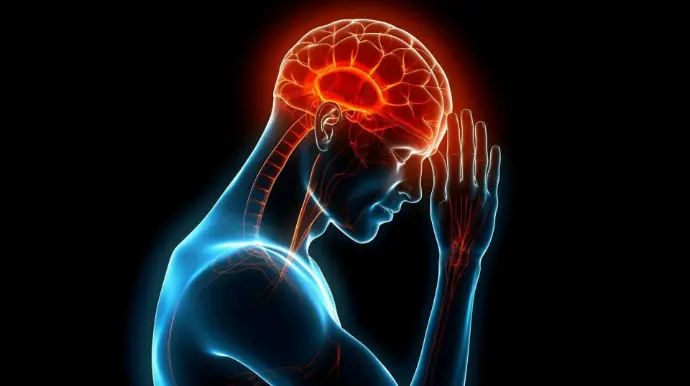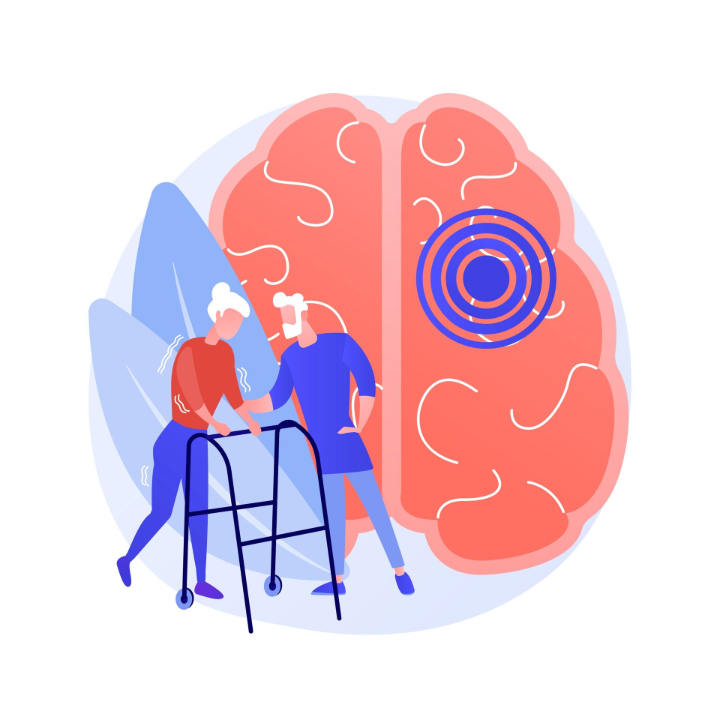Acquired Brain Injury (ABI) is more common than many realise. Across Australia, over 700,000 people are living with the long-term effects of brain injury. These injuries do not always result from high-impact trauma. They are often caused by everyday incidents such as falls at home, strokes, sports injuries or road accidents. They can happen to anyone, at any stage of life.
Each person’s experience of ABI is different. Some experience changes in how they move, speak, think, or behave. Others face challenges with memory, mood, emotional regulation, or executive functioning. Many people live with invisible symptoms that are just as debilitating as the visible ones. In many cases, these changes place a significant strain on the individual, their family, and their support network.
Recovery is not just about rehabilitation in the early weeks. For many, it becomes a lifelong journey that requires consistent support, structured environments and care providers who truly understand the complexity of ABI.

What Makes ABI Support Different?
Supporting someone with a brain injury is not the same as providing generic disability care. ABI often involves invisible symptoms, fluctuating capacity, behavioural changes and emotional distress. This calls for:
- Staff trained to recognise cognitive and behavioural patterns
- Environments that reduce triggers and support regulation
- Close communication with health professionals, including neurologists, occupational therapists and speech pathologists
- Flexible care models that evolve as the person's needs change over time
Our team is trained to identify subtle shifts in behaviour or mood. We work closely with families, hospital discharge teams and support coordinators to provide the continuity that is essential for recovery.
Quick Facts About ABI
| What You Should Know | Details |
|---|---|
| ABI Definition | Injury to the brain occurring after birth. Can be caused by trauma, illness or oxygen deprivation |
| Common Causes | Falls, stroke, road accidents, infections, tumours, lack of oxygen |
| Key Impacts | Physical, cognitive, emotional and behavioural changes |
| Misconception | Not all brain injuries are visible. Many people with ABI live with 'hidden disabilities' |
| Support Needs | Person centred, trauma informed, flexible and long-term |

Why ABI-Specific Support Matters
Generic disability care often fails to meet the complex needs of ABI.
Many symptoms are misunderstood or misinterpreted as "behavioural issues" without recognising their neurological basis. That’s why ABI support must include:
- Emotional and cognitive understanding
- Structured, sensory-considerate environments
- Staff trained to respond, not react
- Real partnerships with clinical providers
- Clear routines that build confidence and calm
How Supported Care Helps People Living with ABI
At Supported Care, we have developed specialised housing and care services for individuals affected by brain injury. We provide more than just a roof over someone's head. Our services are designed to:
- Create safe and predictable living environments that promote healing and daily structure
- Support recovery through routine, consistency and collaborative care planning
- Integrate allied health recommendations into everyday routines
- Prevent isolation and support positive mental health
- Adapt to individual needs through person centred support approaches
- Provide family and carer education for smoother transitions back into community life
We have seen that with the right level of support, people living with ABI can regain skills, confidence and a sense of control in their daily lives. Whether someone is newly discharged from hospital or adjusting to long-term changes, our services are built to respond with care, flexibility and respect.
Our Role as a ABI Support Provider
At Supported Care, we provide structured accommodation and tailored support for people living with ABI in Brisbane and the Sunshine Coast. Our services are built around national best practices, including:
| Support Area | What We Provide |
|---|---|
| Stable, Low-Stimulus Environments | Calm, structured homes that support recovery and reduce triggers |
| Person-Centred Support | Plans that reflect individual needs, goals, and communication styles |
| Behaviour and Emotional Regulation | Staff trained in recognising emotional shifts, supporting behavioural goals, and managing complex responses with compassion |
| Integrated Allied Health Support | We work closely with OTs, speech pathologists, neuropsychologists and other professionals |
| Recovery-Oriented Approach | We believe in progress over time, guided by consistency, routine, and small achievable wins |
| Community Reconnection | Where appropriate, we support social participation, life skills, and pathways to independence |
Accommodation Options
We offer a range of housing options for people with ABI, including:
- Supported Independent Living (SIL)
- Short-Term Accommodation (STA)
- Medium-Term Accommodation (MTA)
All homes are designed for accessibility, safety and emotional comfort. Some residents are newly discharged from hospital. Others have lived with ABI for years and are ready to take the next step in their recovery.
Looking for ABI Support in Queensland?
Supported Care currently provides ABI-informed housing and support services in Brisbane, Logan and the Sunshine Coast. Whether you are a support coordinator, hospital social worker or family member seeking a trusted provider, our team can offer guidance, intake support and service planning.
📞 Call us for a confidential discussion at (07) 3189 4877
🌐 Visit our ABI page supportedcare.au/acquired-brain-injury
📍 Ask about short-term stays, long-term supported housing or transitional support.